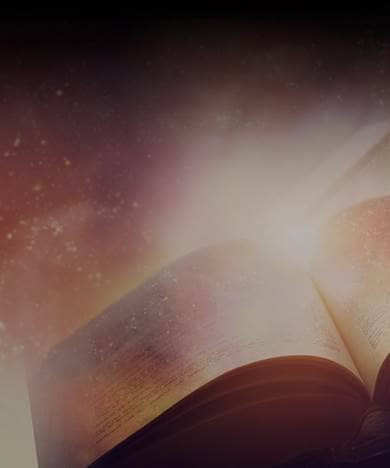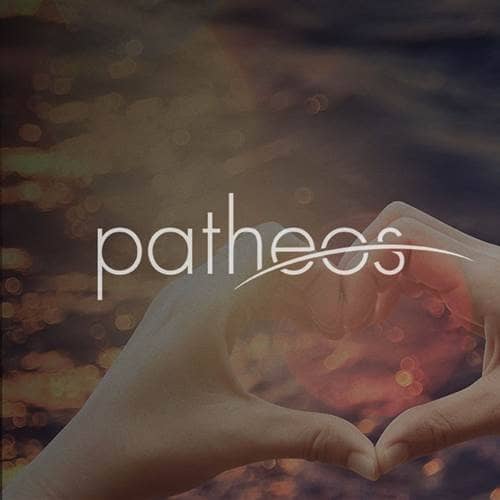- Trending:
- Pope Leo Xiv
- |
- Israel
- |
- Trump
- |
- Social Justice
- |
- Peace
- |
- Love

RELIGION LIBRARY
Ultra Orthodox Judaism
The most theologically conservative of the various branches of the tradition, Ultra-Orthodox Judaism is sometimes called Haredi Judaism, "those who tremble" before God - so called because they are God-fearing - a label generally rejected by members of the movement. Sub-groups within the broad movement include Hasidism, Chabad Lubavitch, and Neturei Karta. The Ultra-Orthodox movement is typically anti-Zionist in political orientation and rejects the legitimacy of the modern state of Israel, holding that the Messiah must return before the Jewish diaspora ends. Yiddish tends to be preferred over Hebrew, and ultra Jewish men wear traditional clothes - black suit, white shirt, wide-rimmed black hat - as an outward sign of their adherence to traditional Jewish practices and their rejection of modernity. What most distinguishes the Ultra-Orthodox movement is its strict adherence to Jewish law, "halacha," which for the Ultra-Orthodox includes rejection of the trappings of the modern world and separation from non-Jewish society and less observant Jews. Ultra-Orthodox Jews structure their lives around study of the Torah, prayer, and family.
Quick Facts
| Formed | 1912 |
| Adherents | 500,000 |
| Deity | God |
| Sacred Text | Torah, Tanakh (Hebrew scriptures), Talmud |
| Origin | Europe |
| Headquarters | None |










